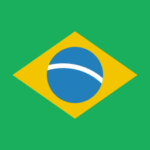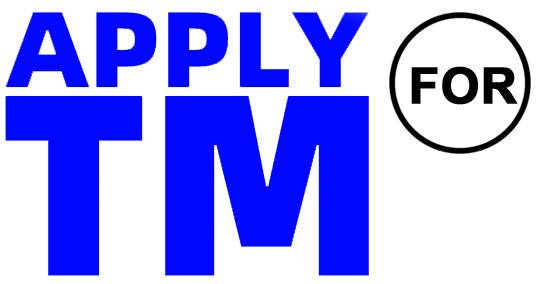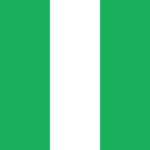Fees for registering Nigeria trademarks
Service Process
Trademark registration time
The current trademark regulations in Nigeria are mainly based on the Trademark Law promulgated on January 1, 1965 and the Trademark Implementation Regulations 1967 promulgated on May 9, 1967. The Nigerian Industrial Property Office is responsible for managing trademark affairs and the official language is English. Trademark exclusive rights need to be obtained through registration. Trademark registration is not mandatory, but in order to protect the trademark or renew it, it must be registered in accordance with the law. The trademark registration in Nigeria adopts the principle of balancing "application first" and "use first".
Nigeria is a signatory to international intellectual property treaties such as the Paris Convention, WIPO Convention, TRIPS Agreement, and Geneva Convention, and has not yet joined the Madrid System. Therefore, trademark registration can only be processed through the "single country registration" method.
Trademark Registration Process
At present, the Nigerian Industrial Property Office adopts the Nice Classification 11th edition for the description of goods and services and does not accept applications with multiple categories in one form. The elements that can be registered as trademarks in Nigeria include: text, name, graphics, specific three-dimensional shapes, slogans, commercial appearance/decoration, holograms, etc.
If the applicant does not reside in Nigeria, they must entrust a specialized agent in their home country to handle the matter. The basic materials required for trademark application are:
1. Trademark design;
2. Specific categories and product/service items;
3. Name and address of the applicant;
4. Power of attorney;
5.If priority is declared, proof of priority must be provided.
The main process for applying for registration of a Nigerian trademark is: application, acceptance, examination, announcement, approval, and issuance of a certificate. After the application is submitted, it usually takes about one month to decide whether to accept it. The examiner will conduct formal and substantive examinations on the application.
Formal examination mainly examines whether the application requirements and classification information comply with regulations. Substantive examination includes examination of the distinctiveness of the trademark, whether it violates the prohibition and prohibition clauses, and whether it conflicts with the prior trademark. After the review is approved, a public announcement will be arranged, with a 2-month objection period from the announcement date. Any interested party or prior rights holder may raise objections, and the main reasons for raising objections are:
1. Conflict with prior trademarks, such as owning a prior registered trademark;
2. The trademark lacks distinctiveness;
3. The trademark has adverse effects;
4. Malicious registration;
5. Conflict with other prior rights, such as trade name rights, design rights, copyrights, personal names, etc;
6. The slogan trademark lacks originality.
During the announcement period, if a trademark application is opposed, a response must be given, otherwise it will result in the invalidation of the trademark application. If there are no objections or objections are not valid during the announcement period, the registration can be approved and a registration certificate can be issued; If the review fails, a notice of expulsion will be issued and the applicant will be required to respond within the time limit specified in the rejection notice. In a smooth situation, trademark registration in Nigeria takes 3-4 years; If things don't go smoothly and there are objections or rejections along the way, the time will be greatly extended, possibly taking 4-5 years or even longer.
Trademark registration materials
Start Your Trademark Business
Start Registration

do not understand? Contact us

do not understand? Contact us

do not understand? Contact us

do not understand? Contact us


 Nigeria
Nigeria